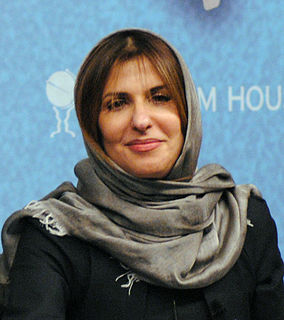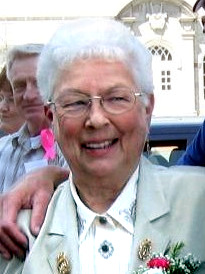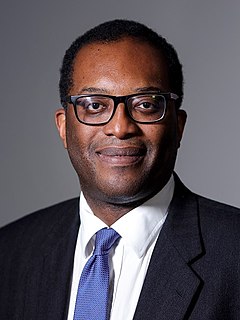A Quote by Basmah bint Saud
My father established the first women's university in the kingdom, abolished slavery, and tried to establish a constitutional monarchy that separates the position of king from that of prime minister.
Related Quotes
By my count, the Deputy Prime Minister has sworn an oath of loyalty and service to Her Majesty no fewer than four times in the last two years, yet he has used his position as a minister of the Crown as a podium from which to rail against our history and our heritage. The minister says that instead of the monarchy he would prefer an entirely Canadian institution, but he fails to recognize that the monarchy is as Canadian as the House of Commons itself.
There are some issues where ministers should come and talk to the prime minister, if the prime minister hasn't already talked to them. Any issue which a minister thinks is going to be profoundly controversial, where we do not have a clear existing position, it is important that there be a conversation between the minister and the prime minister. I think they all understand that and I think it is working very well.
I was a very senior minister in the Howard government and I sat around this particular table [in the prime ministerial office] in many discussions. The difference between being a senior minister and the prime minister is that ultimately the buck does stop with the prime minister and in the end the prime minister has to make those critical judgement calls and that's the big difference.
In a democracy, every ordinary citizen is effectively a king--but a king in a constitutional democracy, a monarch who decides only formally, whose function is merely to sign off on measures proposed by an executive administration. This is why the problem with democratic rituals is homologous to the great problem of constitutional monarchy: how to protect the dignity of the king? How to maintain the appearance that the king effectively makes decisions, when we all know this not to be true?
My great grandfather from my father's side, Sir Akbar Hydari, was the prime minister of the Nizam of Hyderabad. He was instrumental in setting up the Osmania university. His wife set up the Hydari club for women so that they could play tennis, and she also set up the first girls' school in Hyderabad.
In our party, for the post of the prime minister or chief minister, there is no race, and nor does anyone stake their claim. Who will be the prime minister or chief minister, either our parliamentary board decides on this or the elected MLAs, in the case of chief minister, and MPs, in the case of the prime minister, select their leader.

































